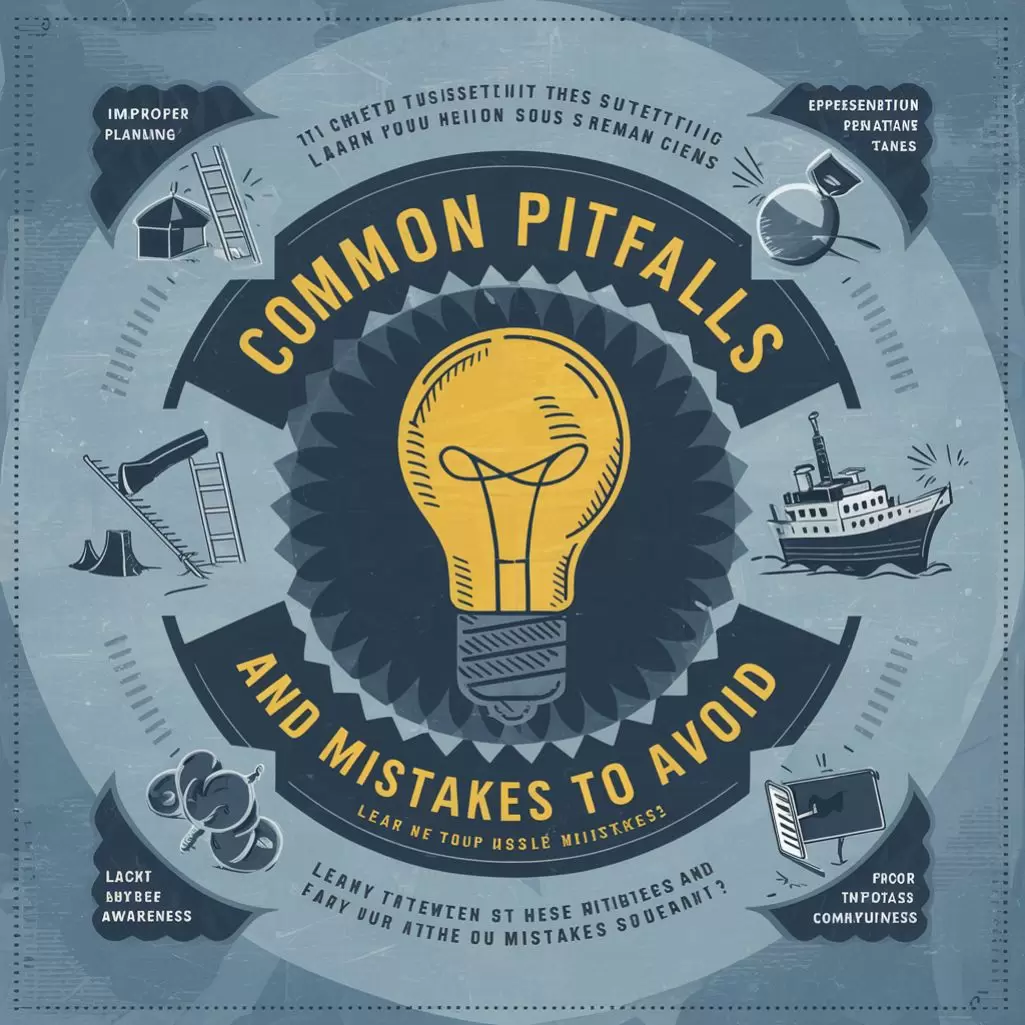Introduction
In the intricate dance of English grammar, possessive forms often pose a challenge, especially when it comes to proper nouns like days of the week. Among these, Friday stands out, not only as a day of anticipation for the weekend but also as a linguistic puzzle when it comes to indicating possession.
Should it be Friday’s, Fridays’, or simply Fridays? Let’s delve into the nuances of each form to unravel the mystery behind this possessive conundrum.
Overview
Navigating the complexities of possessive forms in English can be akin to a dance, particularly when dealing with proper nouns such as days of the week. Among these, Friday emerges as a notable example, not just as a day synonymous with weekend anticipation, but also as a grammatical puzzle regarding possession.
The question arises: should it be Friday’s, Fridays’, or just Fridays? This article explores each form’s nuances to shed light on this possessive conundrum.
Table of Forms
| Form | Example | Function |
| Friday’s | Friday’s forecast predicted rain showers. | Singular Possession |
| Fridays’ | Fridays’ yoga classes are fully booked. | Plural Possession |
| Fridays | We often go out for dinner on Fridays. | Simple Plural Form |
Exploring Friday’s Possessive Form
Friday’s, with an apostrophe before the “s,” typically denotes possession or association with a singular entity or concept. In the case of the day of the week, Friday’s might signify something that belongs to or is characteristic of Friday itself.
Scenario Examples:
- Friday’s forecast predicted rain showers throughout the day.
- The party at Friday’s house was the highlight of the weekend.
- Friday’s meeting will address the recent budget concerns.
Understanding Fridays’ Possessive Form

In contrast, Fridays’, with an apostrophe after the “s,” indicates possession or association with multiple Fridays, such as recurring events or routines that take place on Fridays.
Scenario Examples:
- Fridays’ yoga classes are always fully booked.
- The employees enjoy Fridays’ casual dress code policy.
- Fridays’ traffic tends to be lighter compared to weekdays.
Deciphering the Plain Fridays

When it comes to Fridays without an apostrophe, it’s simply the plural form of the word, used to refer to multiple instances of the day of the week without implying possession.
Scenario Examples:
- Fridays are my favorite days of the week.
- We often go out for dinner on Fridays.
- Many people look forward to Fridays for relaxation and leisure.
Key Differences and Usage Guidelines

To navigate the labyrinth of possessive forms involving Friday, it’s crucial to understand the distinctions between Friday’s, Fridays’, and Fridays. Here’s a breakdown of the key differences and usage guidelines:
- Singular Possession with Friday’s: Use Friday’s to denote possession or association with a singular entity or concept related to the day of the week.
- Plural Possession with Fridays’: Employ Fridays’ when referring to possession or association with multiple instances of Fridays, such as recurring events or routines.
- Simple Plural Form with Fridays: Opt for Fridays without an apostrophe when indicating multiple instances of the day of the week without implying possession.
Common Pitfalls and Mistakes to Avoid

Even seasoned English speakers can stumble over possessive forms, especially when it involves proper nouns like days of the week. Here are some common pitfalls and mistakes to steer clear of:
- Misusing Apostrophes: One of the most prevalent errors is misplacing apostrophes or using them unnecessarily. Remember, apostrophes in possessive forms serve a specific grammatical function and should not be inserted randomly.
- Confusing Singular and Plural Forms: It’s easy to mix up Friday’s, Fridays’, and Fridays if you’re not clear on their distinct meanings. Take the time to understand when to use each form to avoid ambiguity.
- Overusing Possessive Forms: While possessive forms add clarity and specificity to writing, overusing them can clutter your sentences. When in doubt, opt for simpler constructions to convey your message effectively.
Analyzing Contextual Usage
Understanding when to use each possessive form of Friday requires a keen grasp of the context. Whether it’s indicating singular possession with Friday’s, plural possession with Fridays’, or simply referring to multiple instances with Fridays, context plays a pivotal role in determining the appropriate form.
For instance, in sentences like “We enjoy Fridays at the park,” where no possession is implied, the simple plural form suffices. Conversely, in sentences like “We’re attending Friday’s party,” where ownership or association with a singular Friday is indicated, the possessive form with the apostrophe before the “s” is necessary.
By analyzing the context carefully, writers can ensure clarity and precision in their expression.
Cultural and Linguistic Significance

Beyond their grammatical functions, the possessive forms of Friday hold cultural and linguistic significance. In many cultures, Friday carries symbolic weight as the gateway to the weekend—a day associated with relaxation, socializing, and leisure.
As such, possessive forms like Friday’s and Fridays’ often evoke feelings of anticipation and camaraderie. Moreover, these forms contribute to the rhythm and cadence of spoken and written language, shaping the way we communicate about time and social activities.
By acknowledging the cultural and linguistic nuances embedded in these possessive forms, we gain a deeper appreciation for their role in everyday discourse.
Evolution and Adaptation

Languages are dynamic entities that evolve over time, and English is no exception. The usage of possessive forms related to Friday has undergone subtle shifts and adaptations throughout history. From archaic forms like “Friday his” to the standardized Friday’s and Fridays’ seen today, these linguistic evolutions reflect changes in syntax, semantics, and societal norms.
Moreover, in an increasingly globalized world, English speakers from diverse linguistic backgrounds may bring unique perspectives and usage patterns to bear on these possessive forms, enriching the language with new expressions and meanings.
As English continues to evolve, so too will the nuanced usage of possessive forms related to Friday and other proper nouns, highlighting the adaptability and resilience of the language.
Read More: Bus’ or Bus’s?
Conclusion
In the grand tapestry of English grammar, possessive forms play a crucial role in conveying ownership, association, and relationships between entities. When it comes to the possessive forms of Friday – Friday’s, Fridays’, and Fridays – each carries its own nuances and implications.
By understanding the distinctions between these forms and applying them correctly, you can navigate the labyrinth of possessive usage with confidence and clarity in your writing. So, whether it’s Friday’s forecast, Fridays’ routines, or simply looking forward to Fridays, let your mastery of possessive forms shine through in your linguistic endeavors.

Hi, I’m Alexander, the admin of the website “English Enlight.” My job is to make sure everything runs smoothly on the site. I help users if they have any problems and make sure all the information is correct. It’s important to me that everyone enjoys using our website and learns something new about English every time they visit. If you need any help or have any questions, feel free to reach out to me!













